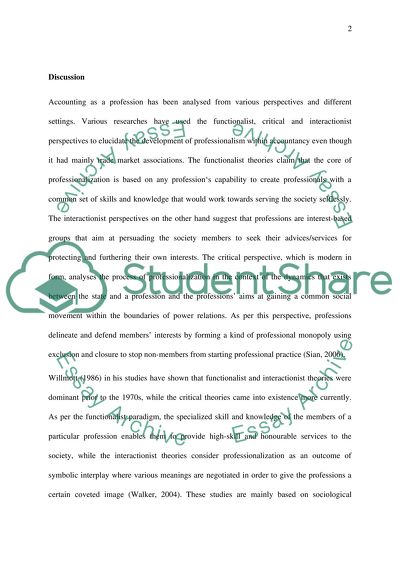Cite this document
(“Accountancy is not a profession Essay Example | Topics and Well Written Essays - 1000 words”, n.d.)
Retrieved from https://studentshare.org/finance-accounting/1466873-accountancy-is-not-a-profession
Retrieved from https://studentshare.org/finance-accounting/1466873-accountancy-is-not-a-profession
(Accountancy Is Not a Profession Essay Example | Topics and Well Written Essays - 1000 Words)
https://studentshare.org/finance-accounting/1466873-accountancy-is-not-a-profession.
https://studentshare.org/finance-accounting/1466873-accountancy-is-not-a-profession.
“Accountancy Is Not a Profession Essay Example | Topics and Well Written Essays - 1000 Words”, n.d. https://studentshare.org/finance-accounting/1466873-accountancy-is-not-a-profession.


